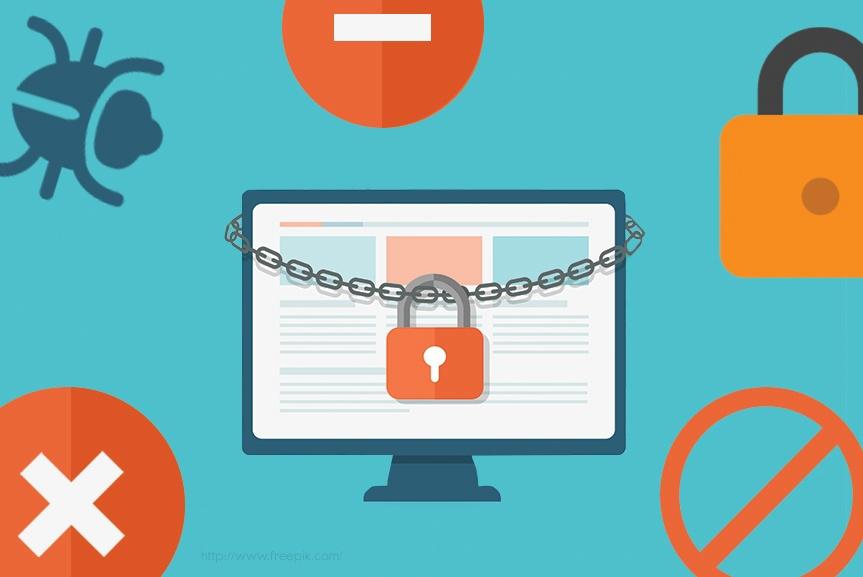If you find yourself going out of the way to keep your accounts secure and care about your website support, you are on the right page, reading the information you need. Everyone who has their own accounts on Facebook, Gmail, Twitter, LinkedIn or any other social network, is concerned about protection against social media threats. Here in this article, we’re going to suggest some effective tips to help you reduce the risk of hacker attacks.
1. Install A Detection System
One of the ways to secure your accounts is to install kind of a system, which takes care of your sensitive personal data. A good example of such a system might be LogDog. It’s a mobile Intrusion Detection System for Android, which gives you an immediate alert of any suspicious activity on your accounts. This app easily checks any suspicious activity, then sends you a message about an unauthorized access attempt. Following this tip you can lock your social accounts, stop hackers from impairing your pages and remove nasty, irrelevant or abusive content.
2. Take Care About Your Passwords
Did you know that it’s better to create a more complicated password than you usually do? Yep, your password should look like this, QRn=7gvdT*CYF^-gp. However, nobody has time or desire to remember and mess around with such sophisticated stuff to every single account they have. Just imagine that awkward moment when your new boss is telling you he’s inboxed you an urgent task, and you don’t seem to be able to recall your password. Oops! What a bummer! LastPass manager is a great option. LastPass keeps your personal information secure, generating and remembering your passwords as well as logins, and as a result you don’t have to worry about its safety. Using this system, though, don’t be scared when all of your passwords will turn into mineral formulas :)
3. Privacy And Security Settings
Each and every social network has its own Privacy and Security Tools, where you can manage access to your account, timeline and posts. These settings let you block users, pages or events; you may choose people who can see your stuff, contact or follow you. Keep your friends close and your enemies at a safe distance, which is on a limited profile smile emoticon Facebook offers an option which allows getting an alert when somebody logs into your account from a new device or browser. It’s very convenient! Use timeline and tagging settings to manage tags people add and tags suggestions. We encourage you to learn more about those tools, and if you haven’t started yet, don’t procrastinate! You’d better get your skates on!
4. Security Software
Having antivirus or security software installed on all of your gadgets, like smartphones and laptops, is one of the best ways to protect yourself from any kind of online threats. To keep up with new viruses, be sure you’re using an updated version of security software. Secure your devices against malware, spyware or unsafe apps, using Panda Antivirus or AVG AntiVirus, that include multi-platform protection for Mac, Android and Windows.
5. Company’s Social Media Monitoring
If many people have access to your company’s social accounts, there is a high probability that those accounts may be compromised. SproutSocial is powerful software for social business. The system brings all your messages from all your profiles into a single stream and helps to respond to customers across Facebook, Twitter, Google+ and Instagram. Charge your IT staff to manage your company’s social accounts. They can monitor them by making sure that accounts’ passwords are frequently changed.
On the whole, you need to take some profound precautions to prevent your social media accounts from being vulnerable to hackers. Everyone should care about their personal information, so we hope that you’ll find these tips informative and helpful! Don’t let them fall off the radar!

